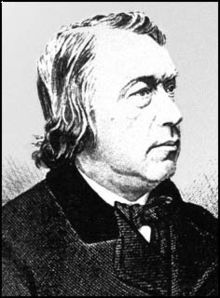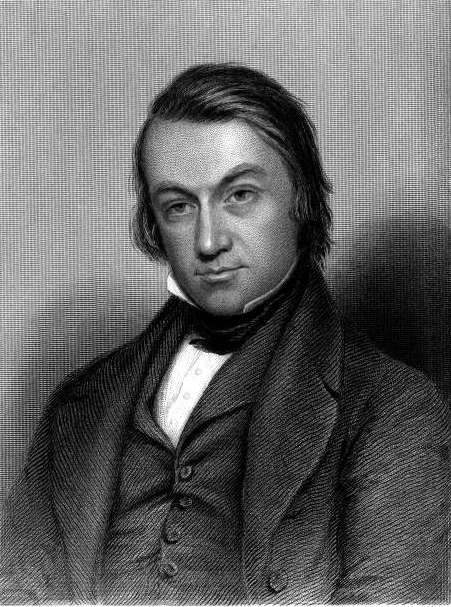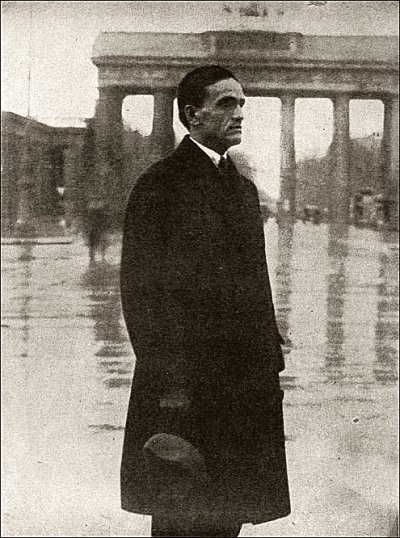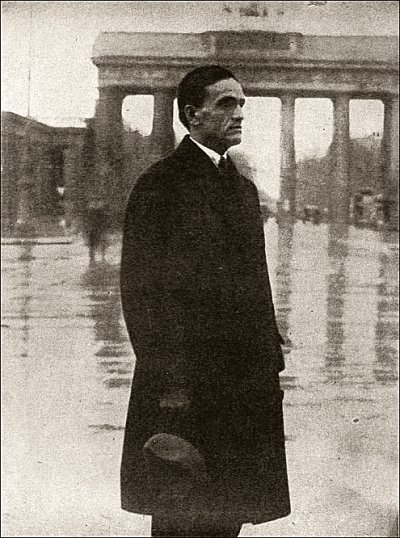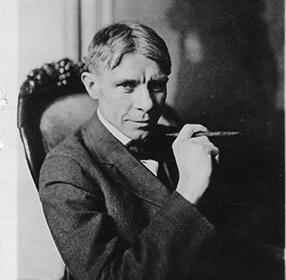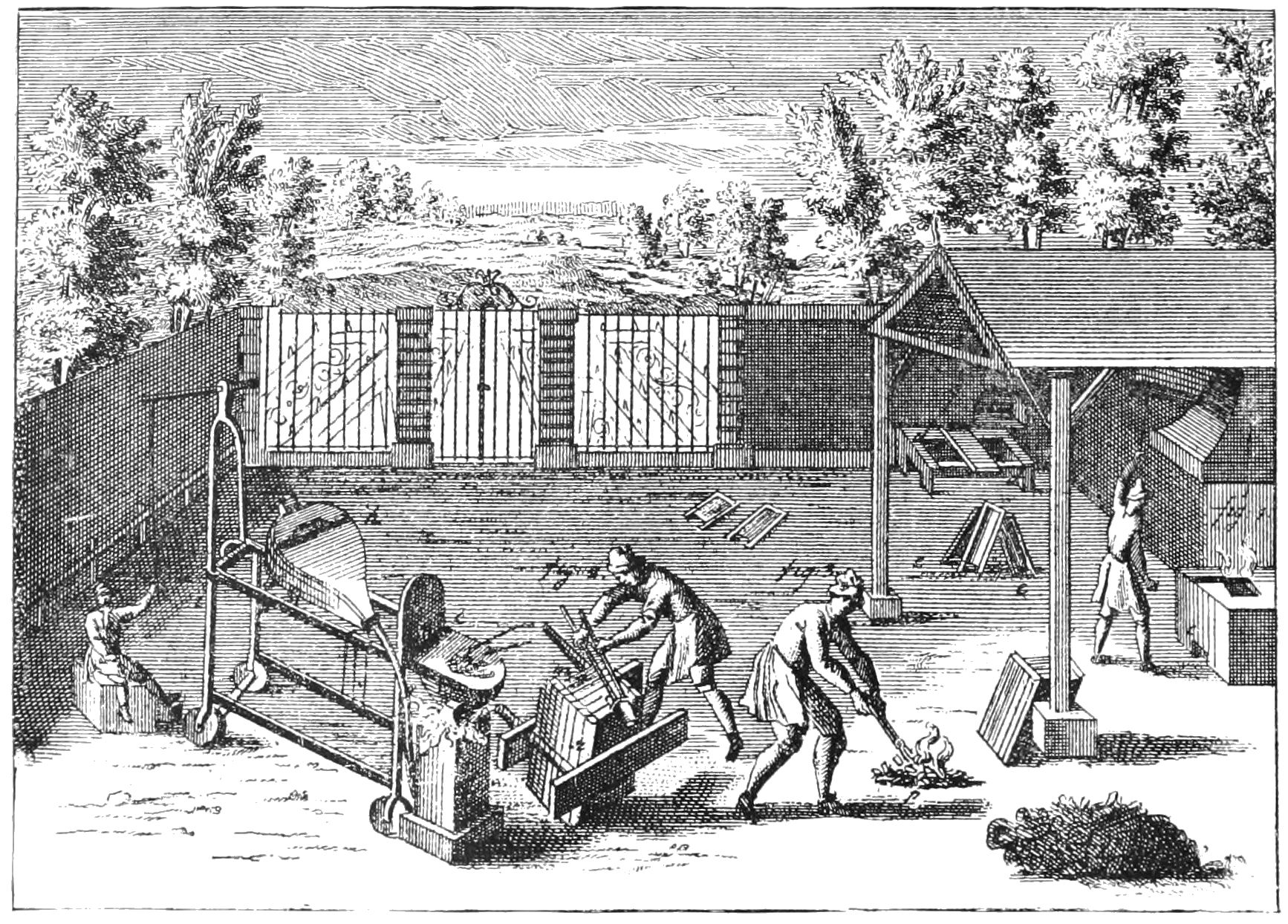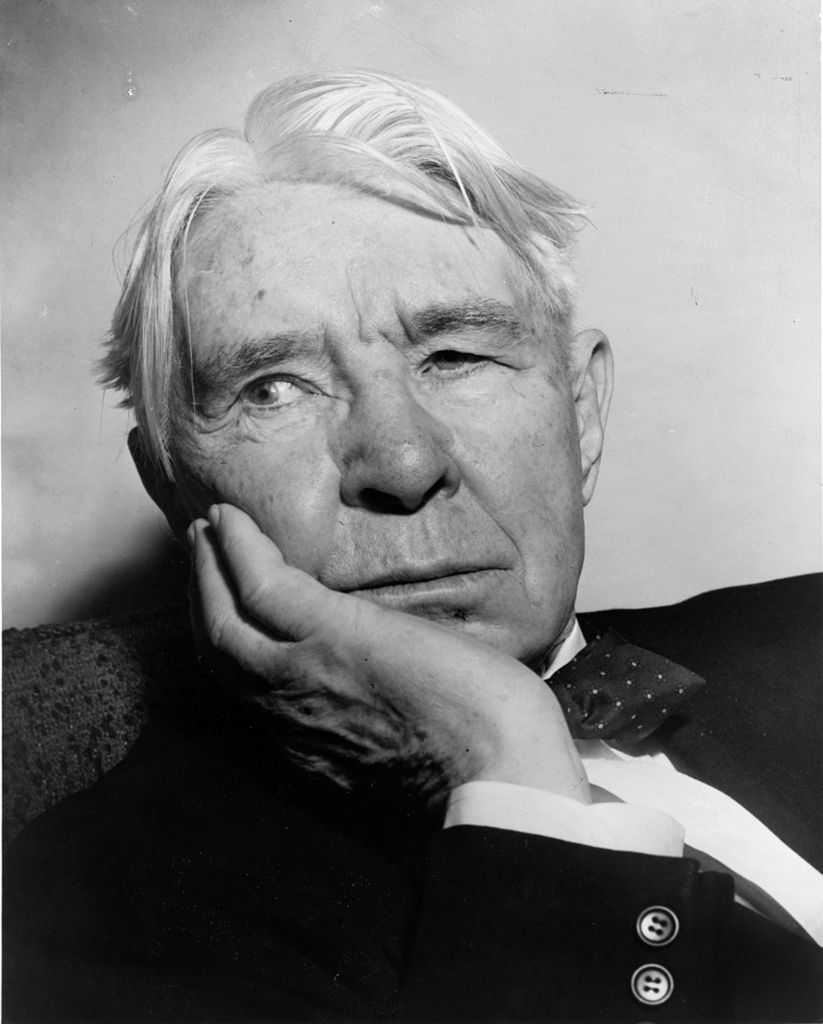About the Poet:
Henry Charles Bukowski (August 16, 1920- March 1994) was a German poet born in America. He was not only a poet but also a novelist, and a short story writer. His writing was greatly influenced by the social, cultural and economic environment of his home city in Los Angeles. His poems would largely include themes of the poor lives of the American rural classes, alcohol, relationships with women, and the drudgery of work. His work is described by many as that of a realist with dark tones to his poems and a sense of escapism, alienation, depression, and loneliness.
Introduction to The Genius of The Crowd:
Charles Bukowski’s poem “The Genius of the Crowd” deals with the multiple ironies and warnings that should be looked out for when in a crowd. Bukowski warns the reader about the hidden secret behind each “preacher” and “knower”, as he puts it. The twisted intentions of people that are secretly against practising what they preach are mentioned in the poem with crystal clear vision.
The setting of The Genius of The Crowd:
The poem is seen as Bukowski’s cautions the reader to stay away from those individuals that are hiding their internal thoughts that are much more contradictory to what they propose to preach. He asks the reader to stay away from the labelled “average” men and women whose hatred is beyond average. This hatred, Bukowski says, is enough to make you believe you aren’t perfect, that you are incapable of love and that your life in itself. This feature will, in turn, become the genius of their art.
Poetic Devices in The Genius of The Crowd:
Alliterations:
Line 1: “there is enough treachery, hatred violence
absurdity in the average”
Line 2: “….army on any given day”
Line 5: “… those who preach it”
Line 18: “…. Seek constant crowds for”
Line 33: “…. consider their failure as creators”
Personification/ Metaphor:
This poem by Bukowski is all about the false pretences that life gives us with references to metaphors and personifications in simple words such as “the average man” and “the average woman” who along with several other phrases, changes the meaning and interpretation altogether. The poem is one of Bukowski’s longest works where steps out of his genre and becomes a metaphysical poet for a while.
Symbolism:
All the phrases mentioned in this poem are all around the symbolism of satire. Hence each sentence that the poem consists of is from an ironic point of view.
Summary of The Genius of The Crowd:
The Genius of the Crowd is Bukowski’s warning to beware of the two-faced preachers that go about spreading a message while they internally are fighting a mental war against it. He asks his readers to find the hidden meaning in the sentences spoken by a preacher of God, who is secretly in need of finding God, of the preachers of peace who secretly are good at war and the secretive murders who publically practice peace. His warning is against all false pretences of what people show themselves to be and what they secretly are built on the inside. This poem acts as a lesson to revive the reader into jumping back to reality and analysing the truth behind every situation.
Critical Analysis of The Genius of The Crowd:
Bukowski addresses real life problems faced by individuals in this poem. The factors about trust and recognition are what is highlighted in this poem. The facts about finding the real reason behind the individual’s actions and their influence is something that Bukowski has realized and expressed these lessons in this poem beautifully.
Central Idea of The Genius of The Crowd:
Bukowski warns his reader of the hidden reality behind every preacher and practitioner. He mentions the truth of life, where you will never find the observation to all that it looks like. A peace preacher might have the secretive intentions of war and the “average man” and “average woman” are made up of hatred that accumulates to such a genius amount that it is enough to ignite the feeling of imperfection and failure in you. His ideas about the people that are immersed in our life are what Bukowski warns the readers about in the entire poem.
The tone of The Genius of The Crowd:
The poem begins with Bukowski narrating how the world’s hatred and violence produce enough energy to supply power to an entire army. He then warns his readers about the false pretences that we should look beyond and realise the reality of the situation. He later goes on to explain how the hatred of the “average” man and woman is enough to bring you down and make you feel like a failure. This extraordinary power is what completes the genius of the entire average crowd to make it their own work of art.
Conclusion:
The Genius of the Crowd is Bukowski’s message to his readers to look beyond what they see and recognize people for who they really are. He pushes them to understand the reason behind each action and asks the readers to beware of such disguised individuals for it is the genius power of this average crowd that will be responsible for their doom.
Contributor: Deeksha Honawar
Some online learning platforms provide certifications, while others are designed to simply grow your skills in your personal and professional life. Including Masterclass and Coursera, here are our recommendations for the best online learning platforms you can sign up for today.
The 7 Best Online Learning Platforms of 2022
- Best Overall: Coursera
- Best for Niche Topics: Udemy
- Best for Creative Fields: Skillshare
- Best for Celebrity Lessons: MasterClass
- Best for STEM: EdX
- Best for Career Building: Udacity
- Best for Data Learning: Pluralsight

